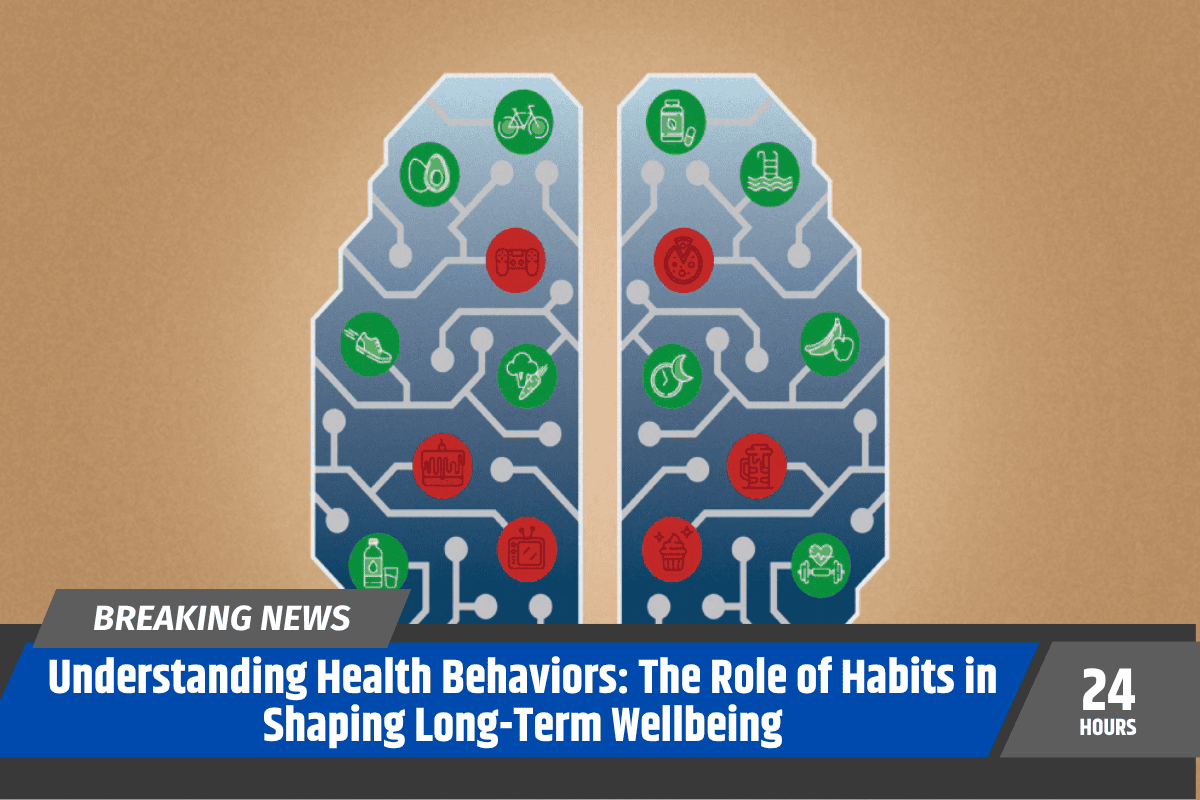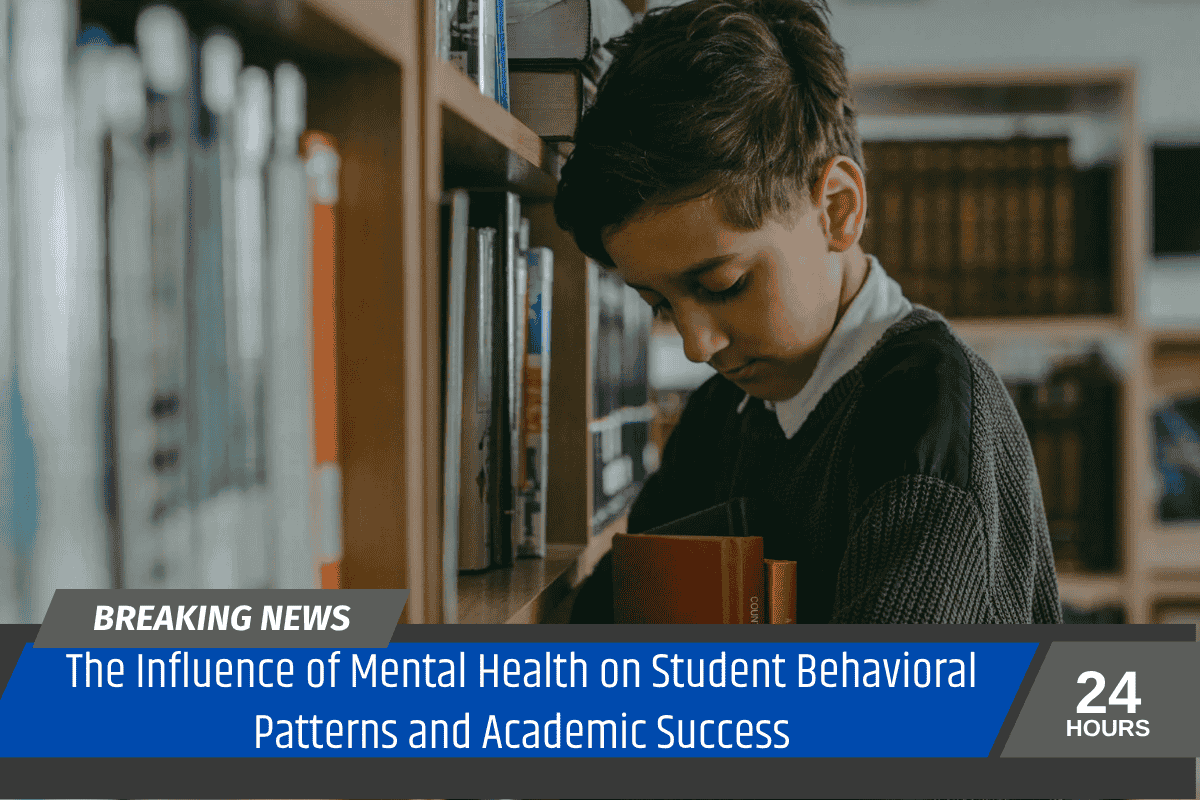In today’s fast-paced and academically demanding world, students often face a range of pressures that can significantly affect their mental health and behavior. From balancing academic workloads to managing social expectations, the challenges are numerous.
One of the most influential factors in helping students navigate these pressures is social support. This article explores the crucial role social support plays in shaping student mental health and behavioral patterns, highlighting its importance and offering insight into how it can be fostered in educational environments.
Understanding Social Support
Social support refers to the emotional, informational, and practical assistance individuals receive from their social networks, including family, friends, peers, and educators.
It serves as a buffer against stress and provides a foundation for coping with life’s challenges. For students, this support can come in various forms, including encouragement from family members, guidance from teachers, and companionship from friends and classmates.
Social support is essential for maintaining mental well-being, as it helps to reduce feelings of isolation and anxiety, promotes self-esteem, and enhances overall resilience.
Impact of Social Support on Mental Health
Mental health issues among students, such as anxiety, depression, and stress, have become increasingly prevalent in recent years. These challenges can stem from academic pressure, personal issues, or social dynamics, often leading to emotional turmoil.
Social support acts as a protective factor in these circumstances, offering students a sense of connection and security.
Research has shown that students with strong social support networks experience lower levels of anxiety and depression. Emotional support, in particular, provides students with the reassurance that they are not alone in their struggles. Knowing that someone cares about their well-being can be an effective antidote to feelings of loneliness or helplessness.
Furthermore, social support can promote positive coping mechanisms, such as problem-solving and seeking help when needed, which are crucial for managing mental health.
Additionally, social support can serve as a preventive measure against the development of mental health disorders. By fostering a sense of belonging and reducing feelings of isolation, students are less likely to experience severe emotional distress.
This, in turn, can contribute to better overall mental health and greater academic success.
Influence of Social Support on Behavioral Patterns
In addition to its impact on mental health, social support plays a pivotal role in shaping students’ behavioral patterns. Students who receive consistent emotional and social support are more likely to exhibit positive behaviors, such as improved academic performance, better time management, and stronger interpersonal relationships.
For example, students with a strong support system are more likely to engage in productive academic behaviors, such as attending classes regularly, completing assignments on time, and seeking help when they encounter difficulties.
These behaviors are often linked to higher academic achievement, as students feel motivated and encouraged by their support networks.
On the other hand, a lack of social support can lead to negative behavioral patterns, including procrastination, social withdrawal, and disengagement from academic and extracurricular activities.
Students who feel unsupported may struggle with motivation and may be more prone to adopting unhealthy coping strategies, such as substance use or self-isolation.
Moreover, social support can positively influence students’ social behaviors. Students who have strong relationships with peers, family, and mentors are more likely to develop healthy social skills, such as communication, conflict resolution, and empathy.
These skills are essential for building positive relationships and navigating the challenges of both academic and personal life.
The Role of Educational Institutions in Fostering Social Support
While social support is crucial for student well-being, it is not solely the responsibility of friends and family. Educational institutions play a vital role in creating an environment that fosters social support for students.
Schools and universities can offer various resources to help students build and maintain strong support networks.
One of the most effective ways educational institutions can provide social support is by offering counseling services. Mental health professionals can provide students with the tools they need to cope with stress, anxiety, and other mental health concerns.
Additionally, peer support programs, where students are trained to offer emotional and practical assistance to their peers, can be an invaluable resource for building a sense of community and reducing stigma around mental health issues.
Extracurricular activities and student organizations also offer opportunities for students to connect with others who share similar interests. These connections can foster a sense of belonging and encourage positive behavioral patterns, such as active participation in school events and community service.
The role of social support in shaping student mental health and behavioral patterns cannot be overstated. Whether provided by family, friends, or educational institutions, social support offers students the emotional, informational, and practical resources they need to navigate the challenges of academic life.
By fostering strong support networks, students are better equipped to cope with stress, maintain positive mental health, and develop the skills necessary to succeed academically and socially. As educational institutions continue to recognize the importance of social support, they can create environments that nurture student well-being and promote positive behavioral patterns.
In turn, this will help students thrive both in and outside the classroom, setting them up for success in all aspects of their lives.






